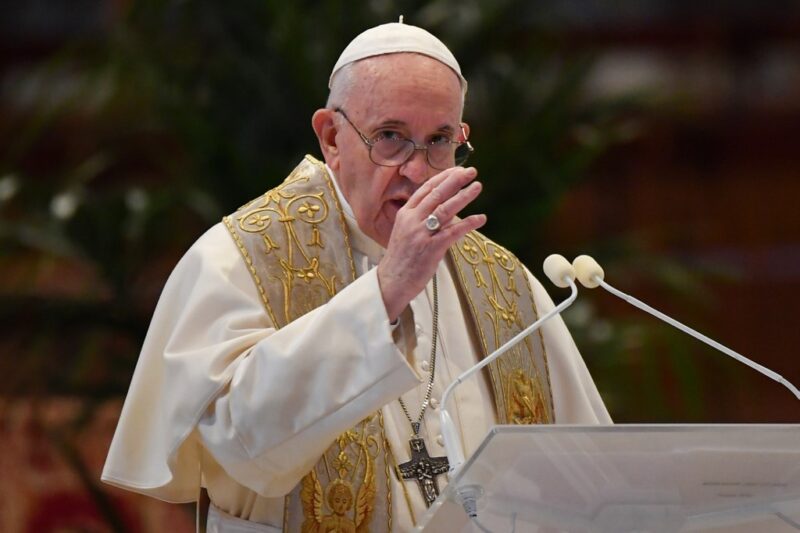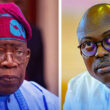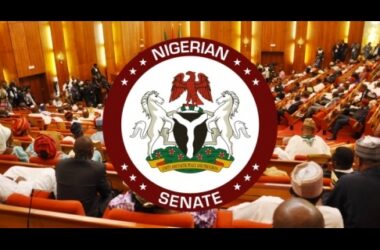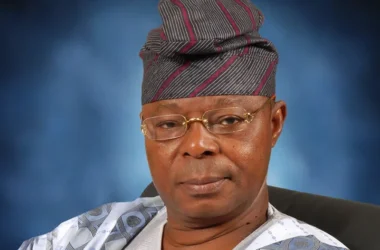As the Catholic Church mourns the passing of Pope Francis, attention now turns to the historic process of selecting his successor.
Cardinals from around the world are preparing to gather inside the Sistine Chapel in the Vatican for the sacred conclave—a highly secretive and prayerful process that will determine the next pope to lead over 1.3 billion Catholics globally.
Several influential figures have emerged as likely candidates, each offering a different direction for the Church. Among them are two prominent African cardinals, signaling the growing impact of the Global South in Catholic leadership.
One such figure is Cardinal Fridolin Ambongo from the Democratic Republic of Congo. At 65, Ambongo serves as Archbishop of Kinshasa and is a member of Pope Francis’ Council of Cardinals. He is known for defending the poor and promoting social justice in Africa, though he maintains traditional views on same-sex unions.
Also in the spotlight is Cardinal Robert Sarah of Guinea, who is 79. A former head of the Vatican’s liturgy office, Sarah is known for his strong conservative beliefs and deep concern over the influence of secularism and modern liberalism in the Church. If elected, his leadership would likely focus on a return to traditional Catholic values.
From Europe, France’s Cardinal Jean-Marc Aveline, 66, stands out as a potential successor closely aligned with Francis’ style. As Archbishop of Marseille, Aveline is noted for promoting dialogue between religions and for his inclusive approach to leadership.
Another name gaining attention is Cardinal Pietro Parolin of Italy. The 70-year-old Vatican Secretary of State has vast experience in diplomacy, having represented the Church in complex international matters, including the Vatican’s controversial agreement with China.
Hungarian Cardinal Peter Erdo, 71, is recognized for his conservative theological views. His influence in European Church politics and strong defense of traditional doctrine has made him a serious candidate among those who prefer continuity with past teachings.
Meanwhile, Cardinal Luis Antonio Tagle of the Philippines, known as the “Asian Francis,” is often described as humble and compassionate. At 67, his work in evangelization and openness to reform makes him a favorite for those hoping for a leader in the image of Francis.
Italy’s Cardinal Matteo Zuppi, 69, has won admiration for his progressive efforts. As head of the Italian Bishops’ Conference, Zuppi supports social justice and has shown openness toward blessing same-sex couples—stances that resonate with reform-minded Catholics.
Although Cardinal Marc Ouellet of Canada is 80 and at the edge of voting eligibility, his long Vatican service and conservative stance still place him in the discussion.
Cardinal Mario Grech of Malta, 68, has moved from a traditional background to more moderate positions, such as considering the role of women deacons and expressing support for greater inclusion of LGBTQ+ Catholics.
The next pope will step into a divided Church—one where tradition and modernity continue to clash, especially as Catholicism declines in the West but expands in Africa, Asia, and Latin America.










